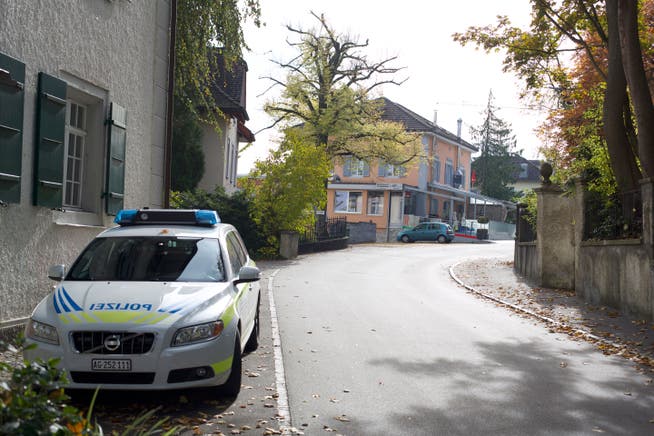The lame struggle of the federal and cantons against dubious companies

The lame struggle of the federal and cantons against dubious companies
With black lists, that is in the law, criminal employers are to be kept away from orders in procurement – but with these lists there are a few problems.
The undeclared work is booming. The business is running. For example, this illustrates the case of Lucerne iron laying company, which have been milled for years thanks to hesitation and camouflage companies on taxes and contributions to compensatory health insurance funds and accident insurance (CH Media reported).
Black labor, ie the « disregard for work-related reporting and approval obligations », has numerous negative effects, the State Secretariat for Economic Affairs (SECO) records on its website, for example: «Occupational losses in the state and social insurance; Distortion between companies and employees; Impairment of the insurance claims of the insured; Wage pressure and exploitation of employees. »
Clear words. But few deeds follow. It is a problem when fighting undeclared work.
The black list of undeclared work of the same state secretariat for economy is evidence. There are employers who are closed to new orders for violations of the federal law against undeclared work (BGSA).
The list, pretty well hidden on the Seco website and difficult to read, contains currently the names of 99 operated or employers. Only: 93 of the 99 blocking entries has delivered the only canton: the canton of Geneva. He is apparently the only canton of dubious employers.
Five entries come from the canton of Vaud. One of the entries comes from German -speaking Switzerland, from the canton of Uri.
Disregard for approval obligations
According to the law, employers who have been legally convicted for “serious or repeated disregard for reporting and approval obligations in accordance with social security or immigration law belongs to the list.
Also in accordance with the law, these employers are excluded by the “responsible cantonal authority for a maximum of five years by future orders for public procurement on local, cantonal and federal level.» Financial aid can also be “appropriately shortened” for a maximum of five years.

All dubious in Geneva? Or is Geneva really active against dubious? Excerpt from the « current » second list.







